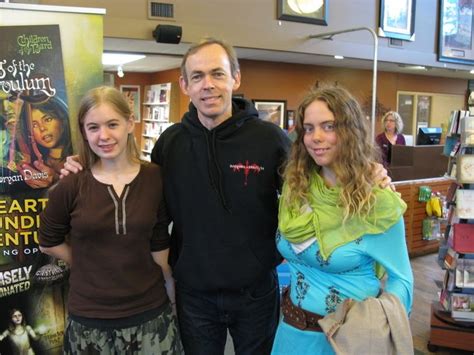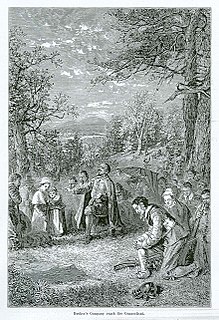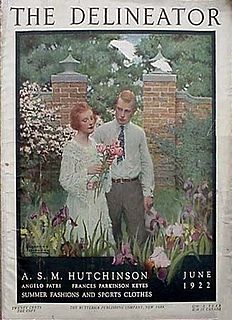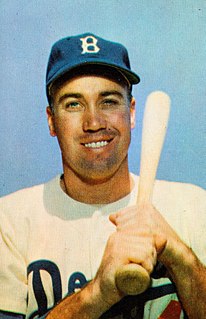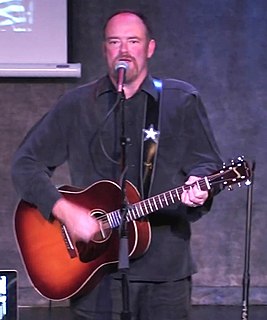A Quote by Athiya Shetty
I have seen my father and his journey and how he got his first film. That was a sense of achievement for him.
Related Quotes
Dear Heavenly Father, I have a friend who stands as close as a brother, a brave soul. I have seen in him the heart of a warrior... He is gallant, loyal, and true, sacrificing his esteem, forfeiting his comfort, even spilling his blood. But, what color is his soul? My friend has a desperate need, and I have seen it. How can I be his accuser, condemning the one who has gladly poured out his blood in my stead? But shall I deny my witness? There is a darkness, a gnawing void behind those eyes of steel... Will you make him a knight, dressed in holy raiment, fit to take a seat at your table?
When the father is going on in his journey, if the child will not goe on, but stands gaping upon vanity, and when the father calls, he comes not, the onely way is this: the father steps aside behind a bush, and then the child runs and cries, and if he gets his father againe, he forsakes all his trifles, and walkes on more faster and more cheerefully with his father than ever.
To Whom does our God say, 'in our image' (Gen. 1:26), to whom if it is not to Him who is 'the brightness of His glory and the express image of His Person' (Heb. 1:3), 'the image of the invisible God' (Col. 1:15)? It is then to His living image, to Him Who has said 'I and My Father are one' (Jn. 10:30), 'He who has seen Me has seen the Father' (Jn. 14:9), that God says, 'Let us make man in our image'.
When the father dies, he writes, the son becomes his own father and his own son. He looks at is son and sees himself in the face of the boy. He imagines what the boy sees when he looks at him and finds himself becoming his own father. Inexplicably, he is moved by this. It is not just the sight of the boy that moves him, not even the thought of standing inside his father, but what he sees in the boy of his own vanished past. It is a nostalgia for his own life that he feels, perhaps, a memory of his own boyhood as a son to his father.
And he arose and came to his father. But while he was still a long way off, his father saw him and felt compassion, and ran and embraced him and kissed him. And the son said to him, 'Father, I have sinned against heaven and before you. I am no longer worthy to be called your son. But the father said to his servants, 'Bring quickly the best robe, and put it on him, and put a ring on his hand, and shoes on his feet. And bring the fattened calf and kill it, and cet us eat and celebrate. For this my son was dead, and is alive again; he was lost, and is found.' And they began to celebrate.
Don't drop him," said Peter's mother to his father. "Don't you dare drop him." She was laughing. "I will not," said his father. "I could not." For he is Peter Augustus Duchene, and he will always return to me. Again and again, Peter's father threw him up in the air. Again and again, Peter felt himself suspended in nothingness for a moment, just a moment, and then he was pulled back, returned to the sweetness of the earth and the warmth of his father's waiting arms. "See?" said his father to his mother. "Do you see how he always comes back to me?
One of the things that I really enjoyed playing with Ender was how he's constantly struggling between his brother and his sister. It's like he's got two sides to him. And I've always wanted to play a darker character, and in this film and in the novel, Ender has his moments where he isn't a glorified hero.
A man's sexual choice is the result and the sum of his fundamental convictions.... He will always be attracted to the woman who reflects his deepest vision of himself, the woman whose surrender permits him to experience a sense of self-esteem. The man who is proudly certain of his own value, will want the highest type of woman he can find, the woman he admires, the strongest, the hardest to conquer--because only the possession of a heroine will give him the sense of an achievement.


